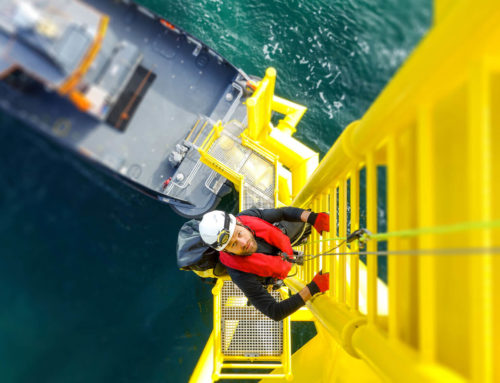
Offshore workers who suffer injuries as a result of negligence on the part of their employer or another party are covered under a wide variety of federal laws. These include the Longshore and Harbor Workers’ Compensation Act (LHWCA), the Jones Act and the Outer Continental Shelf Lands Act (OCSLA).
The actual process of filing a claim under these acts can be complicated in some circumstances, more so than many other types of personal injury claims, but there is a path for injured parties in these types of cases to recover compensation for their damages.
Here’s an overview of what you should know.
Eligibility
Cases under the three pieces of legislation named above will follow principles of maritime law, which means the burden of proof on your part as a plaintiff will actually be lower than in standard personal injury claims. In some circumstances, employers could still be considered at fault even if the worker contributed to the accident resulting in injury.
However, there are some eligibility requirements to bring a suit under any of these legislations. You must meet certain federal guidelines for your job before you’re allowed to proceed with an offshore injury lawsuit under those acts. An attorney can help you determine your eligibility.
Filing the claim
Once you’ve determined your eligibility, your attorney will file a complaint or petition, identifying the defendants and the reasons why the specific court in which the complaint was filed has jurisdiction. The complaint will include your demands, such as compensation for work-related injuries.
The complaint will not dig deep into the facts of the case—it’s merely a way to get the case started. The court will then issue a summons to the defendant, ordering them to appear in court at a certain date. The defendant will then be required to submit an answer document, with written statements admitting or denying claims in the suit.
The vast majority of injury cases settle before they go to trial. If you have clear evidence of the employer’s negligence, they’re going to want to settle out of court because it will cost them much less to do so than if they were to go to trial and lose, when they’d have to pay a judgment and legal fees. Trials are more likely to occur if the facts are not as clear, or if the defendants believe you have a weak case.
If successful in your case, you could receive compensation for lost wages and earnings, lost future earnings capacity, medical costs and expenses, emotional and mental suffering, physical pain and permanent disfigurement.
If you’re interested in learning more about the specific processes associated with filing offshore injury claims, we encourage you to contact an experienced personal injury attorney at Mark Artall APLC.

